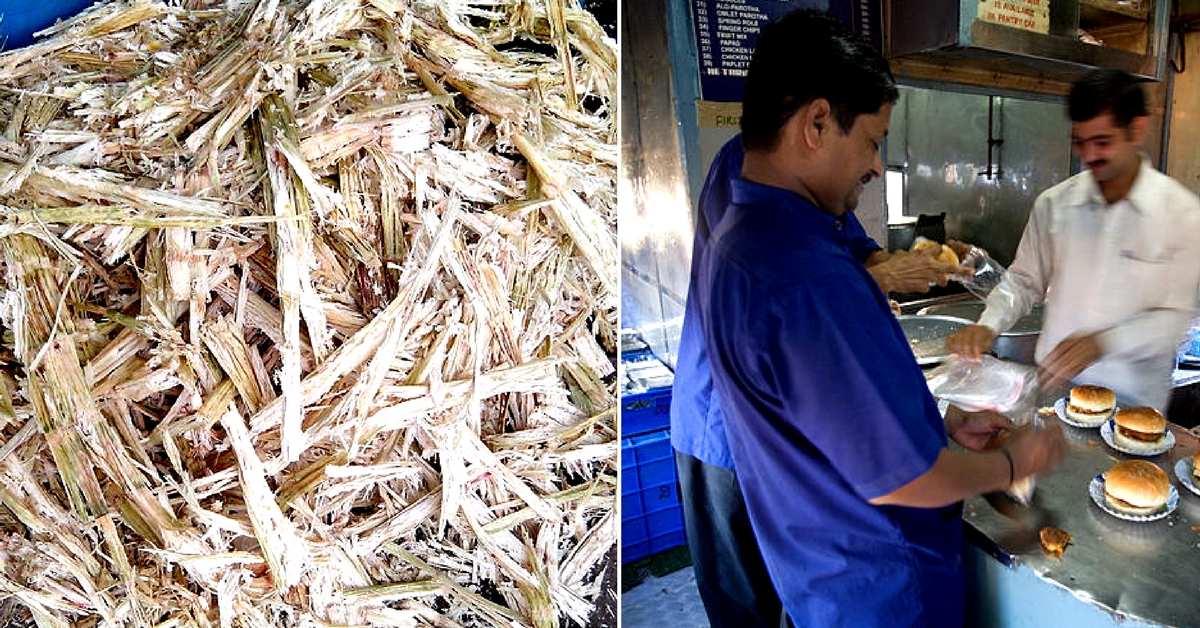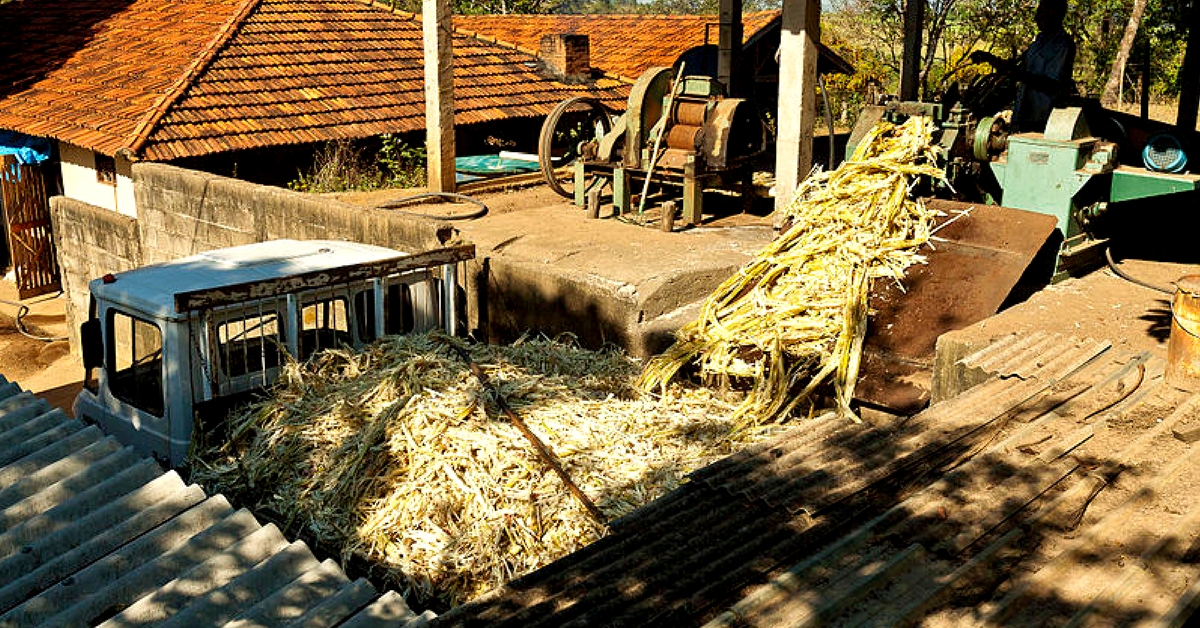Railways to Replace Polymer Plates with Eco-Friendly Ones on Premium Trains!
The Railways is trying to cut down on the use of plastic.

The Indian Railways has been slowly but steadily adopting green methods in a bid to be more eco-friendly. Last year, the Railways had implemented a number of strategies which you can learn about here.
Then, they introduced eco-friendly linen in the Rajdhani trains, a story you can read here.
Now, they are doing away with plastic plates and bringing about plates made of ‘bagasse’, for passengers on premium trains.
Bagasse is the fibre that is left over after extracting sugarcane juice, pressed in a high-heat high-pressure process. A plate made of bagasse takes around a month or two to compost and provides natural ingredients back to the environment. Not only that, but the products are also heat-resistant, can hold liquids well, and are grease and cut-resistant.

These biodegradable plates can be disposed of safely, and passengers will be privy to fresh plates each time, with the Railways preventing the earlier hassle of cleaning the plates repeatedly, according to a senior official, in India Today. He added that a bonus would be the absence of passenger complaints about dirty plates. According to him, containers made of bagasse are stronger and microwave-friendly.
The pilot project of the scheme was implemented on the Sealdah Rajdhani, where passengers ate off the fibre-plates for the first time.
The Railway official also said the cost of these plates would be higher than that of plastic–Rs 4 to Rs 8 instead of Rs 1 to Rs 5. However, the environmental benefits far outweigh the cost. Indian Railways has decided to see the bigger picture.
You may also like: Booked Train Tickets from Wrong Boarding Station? IRCTC’s Got the Solution!
The official seemed optimistic about the idea and signed off saying that economies of scale would be an advantage. Moreover, companies making these plates would have an opportunity to showcase their products.
(Edited by Shruti Singhal)
Like this story? Or have something to share? Write to us: [email protected], or connect with us on Facebook and Twitter.
NEW: Click here to get positive news on WhatsApp!
If you found our stories insightful, informative, or even just enjoyable, we invite you to consider making a voluntary payment to support the work we do at The Better India. Your contribution helps us continue producing quality content that educates, inspires, and drives positive change.
Choose one of the payment options below for your contribution-
By paying for the stories you value, you directly contribute to sustaining our efforts focused on making a difference in the world. Together, let’s ensure that impactful stories continue to be told and shared, enriching lives and communities alike.
Thank you for your support. Here are some frequently asked questions you might find helpful to know why you are contributing?


This story made me
-
97
-
121
-
89
-
167











